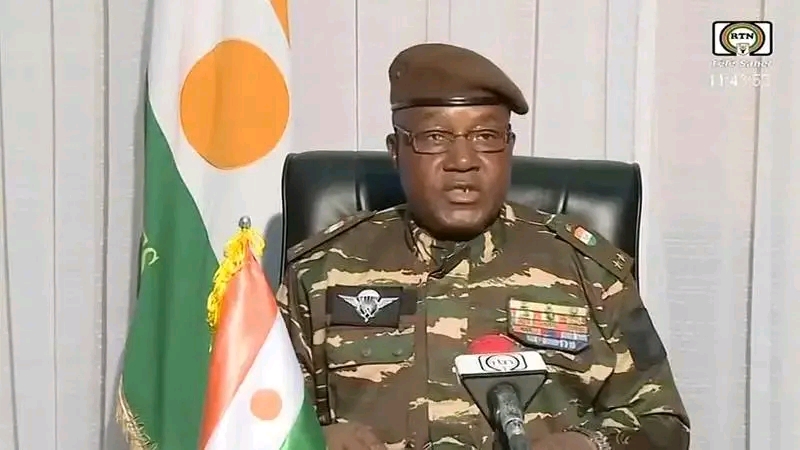On Tuesday, the Niger junta announced the release of approximately 50 individuals, including ministers from the government it overthrew in July 2023. This move is in accordance with the recommendations made at a “national conference” held in February.
Those freed include former government ministers, a diplomat, a journalist, and soldiers who were previously accused of attempting a coup in 2010. However, the ousted president, Mohamed Bazoum, remains in detention, despite ongoing calls from the international community for his release.
“These individuals have been released following the recommendations of the National Forum for Reconstruction,” the government’s general secretariat said in a statement broadcast on public television.
Among those released are Mahamane Sani Issoufou, former oil minister and son of ex-president Mahamadou Issoufou, who served from 2011 to 2021. Other prominent figures include former defense minister Kalla Moutari, ex-finance minister Ahmat Jidoud, and former energy minister Ibrahim Yacoubou. The release also includes Foumakoye Gado, former president of the PNDS, journalist Ousmane Toudou, and former ambassador to Nigeria Alat Mogaskia.
These individuals had been arrested following the coup that brought General Abdourahamane Tchiani, the former head of the presidential guard, to power. They were held in various prisons on charges such as “conspiracy to undermine the security and authority of the state.” Ousted president Bazoum faces similar charges, and his immunity was lifted without a trial date being set.
Additionally, soldiers previously convicted for coup attempts or “endangering state security” have also been released. These include General Salou Souleymane, former chief of staff, and three officers who were sentenced in 2018 to up to 15 years in prison for attempting to overthrow President Issoufou in 2015.
Focus on “Forgiveness”
The national conference in February granted General Tchiani the authority to remain in power for the next five years. After his inauguration last week, Tchiani reiterated his commitment to promoting forgiveness and reconciliation among Nigeriens. He emphasized, however, that such reconciliation should not undermine the people’s legitimate demands for justice.
Since taking power, the junta has severed ties with France and expelled French and American troops who had been stationed in Niger to combat jihadist groups. Furthermore, Niger has distanced itself from organizations such as the Economic Community of West African States (ECOWAS).
The junta has also strengthened its relations with neighboring Burkina Faso and Mali, both of which are governed by military regimes grappling with similar jihadist threats. Together, the three countries have formed the Alliance of Sahel States (AES) and are deepening their cooperation with Russia. The foreign ministers of these nations are scheduled to meet with Russian Foreign Minister Sergei Lavrov in Moscow later this week.

